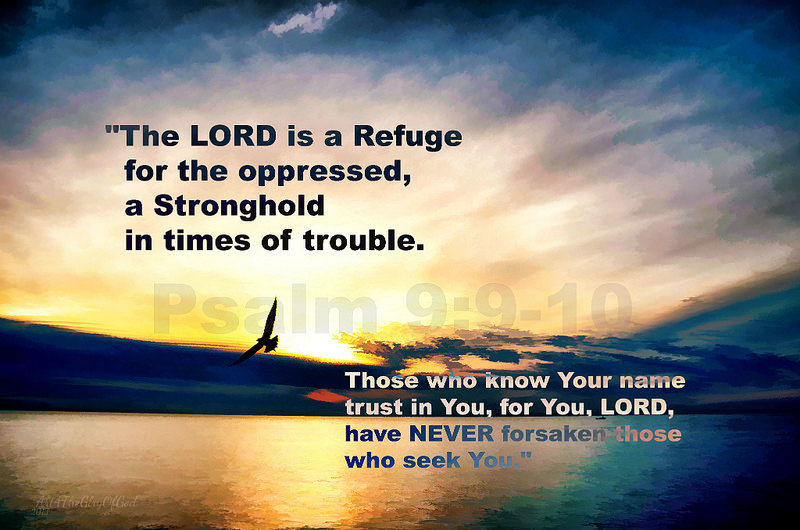One of the most significant childhood lessons that my siblings and I learned was the duty to respect our elders. We learned the importance of remaining quiet and attentive when older people are addressing us, of speaking respectfully and honestly when we are given the opportunity to talk, and of valuing and appreciating our seniors. Our parents also encouraged us to lend a helping hand when the elderly cross the street. On numerous occasions, my siblings and I would help our older neighbors by linking arms with them to cross the street and carrying their grocery bags. These were insightful moments that began instructing me about life. I understood from early on that we must care for one another. Furthermore, I discovered that we may be strong during our younger years, but everyone begins to gradually lose their strengths as they become older.
The Strength of Paul the Apostle
Certainly, physical strength or power is a quality that we value immensely. But our society speaks about other powers as well. Individuals who have the ability to produce, purchase, and put items up for sale unreservedly are said to possess economic power. Other individuals enjoy political power and have the ability to exercise a role in shaping society’s laws and policies. And still others’ social power gives them the capability to influence and persuade other people’s activities, attitudes, or behaviors. Those in our society that possess physical, economic, political or social powers enjoy positions of leadership and are, very often, perceived as intelligent, strong and powerful.
In his letter to the Romans, Paul of Tarsus counted himself among the strongest of his day. However, he was not referring to physical, financial, political, or social strength. They were strong given that they were released from the Mosaic regulations that were still being rigidly observed when they wholeheartedly embraced the Christian life. He stated: “We who are strong ought to put up with the failings of the weak and not to please ourselves; let each of us please our neighbor for the good, for building up. For Christ did not please himself; but, as it is written, “The insults of those who insult you fall upon me.” (Rom 15:1-3)
Spiritual Strength – Do We Have It?
This passage reminds us that there is another strength we must acquire, develop, and sustain: spiritual strength. Without it, we struggle to know, love, and follow God and His commandments as we ought to. This strength empowers us to glorify the Lord, accomplish His will, and work for the salvation of our souls. Nevertheless, we cannot acquire this strength through our own human efforts, but only through the graces that God offers us in His divine providence.
Continue reading “Spiritual Strength for the Present Spiritual War” →




